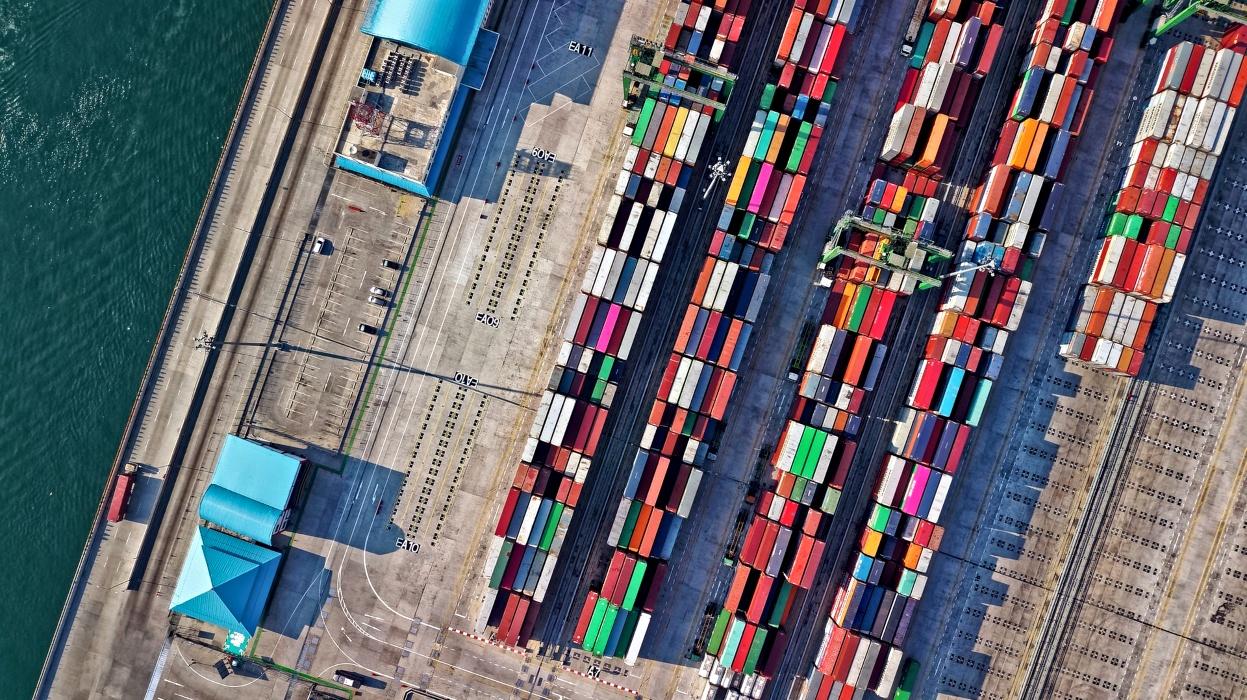Across Africa, states have adapted or expanded social protection measures in response to the COVID-19 pandemic. These interventions provide valuable policy lessons and political opportunities to reimagine the social contract on the continent.
The COVID-19 pandemic has exposed the devastating impact of social protection gaps in both high and low-income countries. Before the pandemic, some 4 billion people globally lacked social protection coverage, meaning in the event of job loss, illness or disability they simply went without any form of income support. Over the course of the pandemic, states have scrambled to fill these gaps through a range of new or adapted social protection measures, which, by one estimate, have reached 1.3 billion people.
Despite significant progress, social protection coverage in Africa is limited and uneven. It varies from 48% coverage in South Africa to below 10% in some West African countries. Expenditure on these programmes is also uneven across the continent, from 4% to less than 0.5% of GDP. Progress has been made in directing benefits to children and the elderly, but gaps remain in covering the unemployed and those with disabilities. Further, the continent’s majority informal workers are rarely covered by any form of social protection. Instead, a patchwork social protection system exists, with few countries hosting large scale domestically funded schemes. Rather, a combination of donor funded programmes coexist with limited state support and food aid in times of crisis.
Across Africa, social protection responses to the pandemic primarily took the form of cash transfers to affected households and communities. Putting money directly into people’s pockets was seen as an opportunity to address livelihood shocks and stimulate local economic activities. These expansions built on programmes that have expanded significantly over the past two decades – more than 45 countries on the continent have transfer programmes in place.
Most governments utilised the infrastructure of existing social protection systems, either expanding benefit values, waiving conditionalities or developing new targeted measures. In South Africa, existing transfer payments were initially increased for six months and a new COVID special grant was established for those without any other form of income support. In Malawi, transfer payments were fast-tracked, with four-month lump sum payments delivered in one month. In Nigeria, an additional million households were registered for the National Social Safety Nets Project, which serves mainly rural areas, and a COVID-19 Urban Cash Transfer programme was developed for city-dwellers. In Togo, the government and aid charity GiveDirectly introduced NOVISSI, a digital cash transfer targeting those informal workers impacted by the pandemic, with higher benefits for women.
These interventions were critical in supporting livelihoods through the pandemic and provide important political opportunities to rethink and reimagine social protection systems in Africa. Few transfer programmes on the continent are comprehensive or universal, and many are seen as temporary responses.
The pandemic’s four lessons on social protection
Given these developments, what social protection lessons does the pandemic provide and how might these support political arguments and struggles for comprehensive benefits?
First is the position of informal workers. Informal worker organisation WIEGO found that interventions targeting these workers were either insufficient or failed to reach them. Informal workers are rarely covered by social insurance systems, and they are also difficult to target as they do not work for registered employers. As research in South Africa has shown, one way of reaching informal workers is by repurposing existing cash transfer programmes, as these workers are likely to reside in households already receiving one or more transfer.
Second are concerns over citizenship and social protection coverage. Emerging research shows that lockdowns exacerbated inequalities between displaced and host populations. Most social protection systems provide support to citizens, excluding millions of migrants, refugees and asylum seekers. Because of this gap, UNHCR developed its own cash transfer payments in refugee communities in the Democratic Republic of Congo, Madagascar, Botswana and Lesotho. During the lockdown, civil society groups in South Africa successfully brought forward a court case that government should extend the COVID-19 grant to refugees and asylum seekers.
Third is the fact that existing social protection systems are limited and provide insufficient levels of support. In many countries, social protection systems target ‘vulnerable’ populations, such as children, the elderly and the disabled. This excludes a significant number of people who may have no other source of income, most notably the unemployed. In Botswana, for example, the government is consolidating 29 social protection programmes into five ‘life-course’ programmes. In Nambia and South Africa, the pandemic has spurred interest among government and civil society in the potential for a basic income grant to address gaps in coverage and stimulate local economies.
Fourth is the need to change attitudes toward social protection. Cultural and societal attitudes with regards to work, welfare and dependency play a critical role in the design and coverage of social protection systems. In Tanzania, for example, social protection programmes confront popular assumptions about the importance of work to personal and national development. Conditionalities are often embedded in cash transfer programmes to make them politically popular rather than effective, which has significantly hampered their expansion. There is emerging evidence, however, that the pandemic has shifted attitudes around dependency, boosting the case of comprehensive and permanent social protection systems.
Cash transfers are not just policies; they can provoke contestations and debates about the nature of the social contract in society. In many of the cases described above, the creation of new or expanded programmes provoked debate, protest and lobbying among a range of political actors. While many social protection programmes in Africa remain donor funded, their design and implementation is often shaped by domestic political dynamics. One hopeful outcome of the pandemic is that citizens themselves come to see social protection not as a temporary measure extended during periods of crisis but as a universal right they can claim.
Photo: People take precautions in Mali against COVID-19 (coronavirus). Photo: World Bank / Ousmane Traore (MAKAVELI). Licensed under CC BY-NC-ND 2.0.





